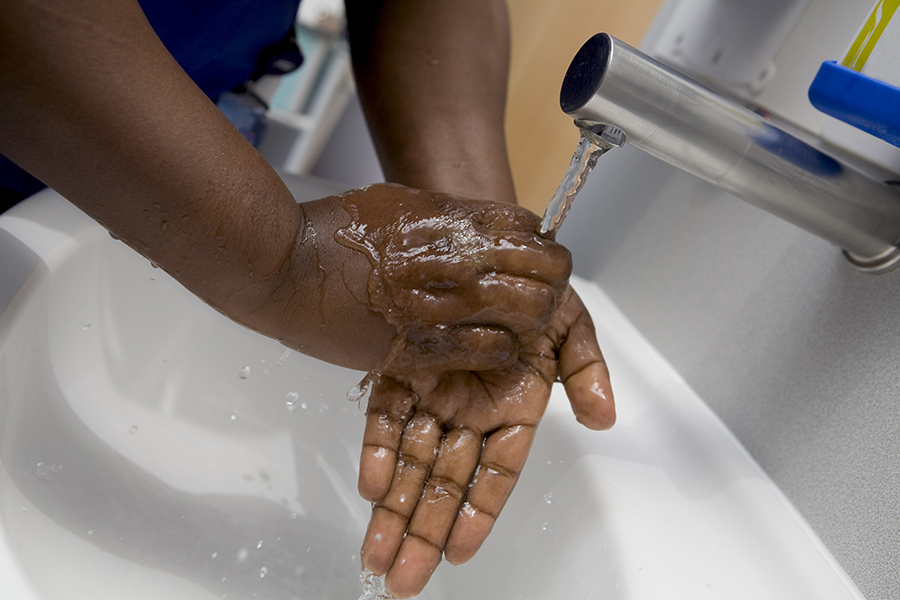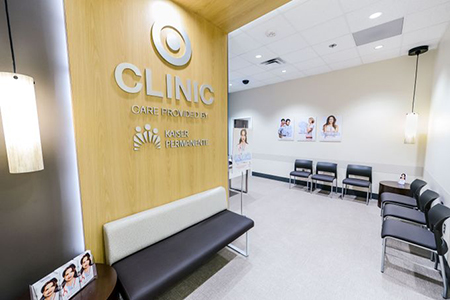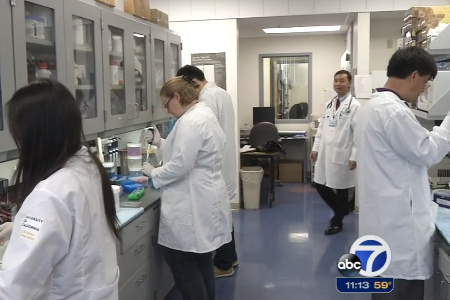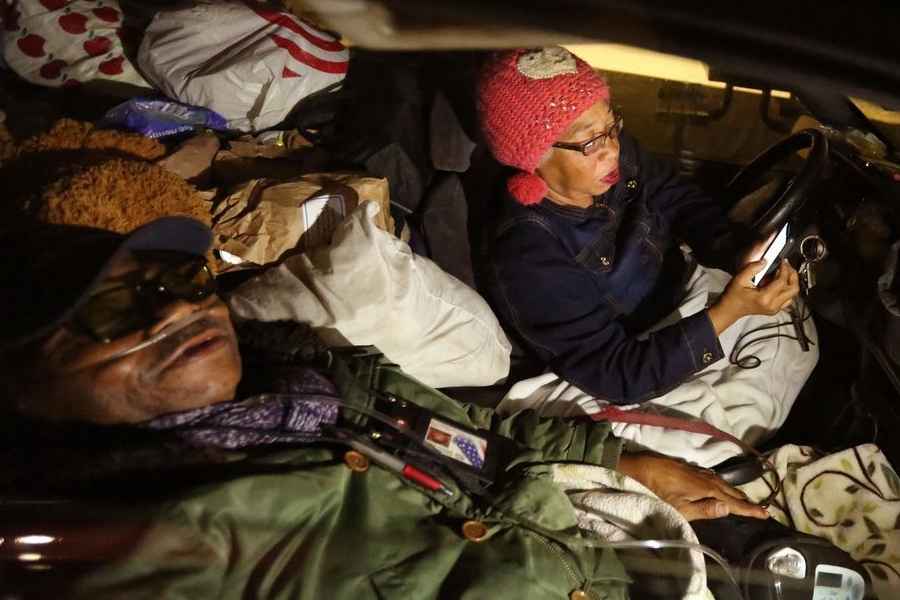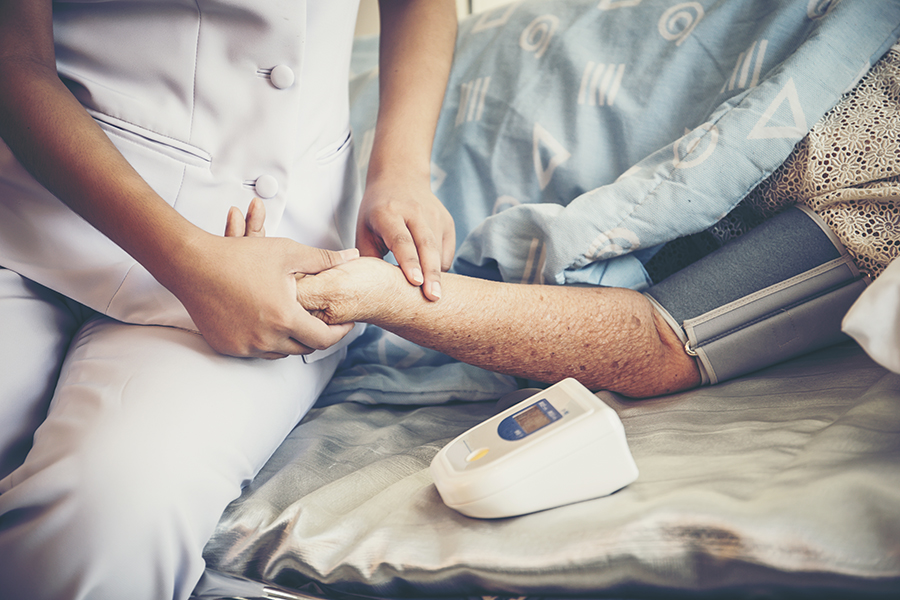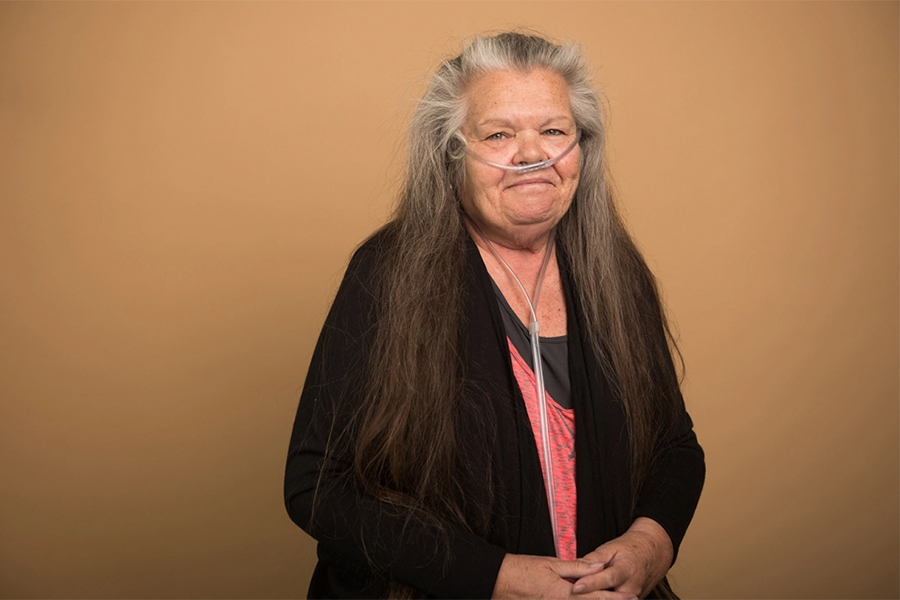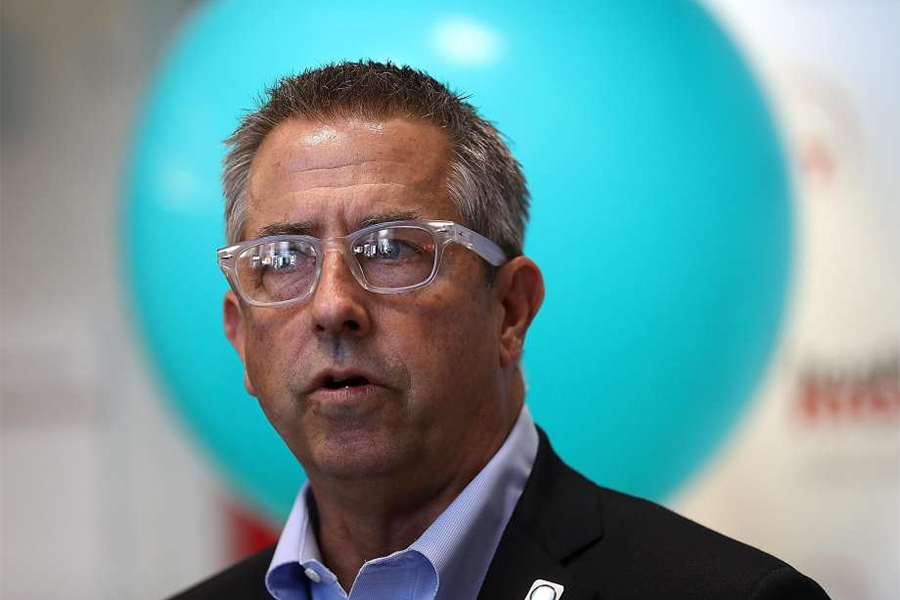By Jordan Rau for Kaiser Health News. Kaiser Health News data journalist Elizabeth Lucas contributed to this report.
Basic steps to prevent infections — such as washing hands, isolating contagious patients and keeping ill nurses and aides from coming to work — are routinely ignored in the nation’s nursing homes, endangering residents and spreading hazardous germs.
A Kaiser Health News analysis of four years of federal inspection records shows 74 percent of nursing homes have been cited for lapses in infection control — more than for any other type of health violation. In California, health inspectors have cited all but 133 of the state’s 1,251 homes.
Although repeat citations are common, disciplinary action such as fines is rare: Nationwide, only one of 75 homes found deficient in those four years has received a high-level citation that can result in a financial penalty, the analysis found.
“The facilities are getting the message that they don’t have to do anything,” said Michael Connors of California Advocates for Nursing Home Reform, a nonprofit in San Francisco. “They’re giving them low-level warnings year after year after year, and the facilities have learned to ignore them.”
Infections, many avoidable, cause a quarter of the medical injuries Medicare beneficiaries experience in nursing homes, according to a federal report. They are among the most frequent reasons residents are sent back to the hospital. By one government estimate, health care-associated infections may result in as many as 380,000 deaths each year.
The spread of methicillin-resistant Staphylococcus aureus (MRSA) and other antibiotic-resistant germs has become a major public health issue. While Medicare has begun penalizing hospitals for high rates of certain infections, there has been no similar crackdown on nursing homes.
As average hospital stays have shortened from 7.3 days in 1980 to 4.5 days in 2012, patients who a generation ago would have fully recuperated in hospitals now frequently conclude their recoveries in nursing homes. Weaker and thus more susceptible to infections, some need ventilators to help them breathe and have surgical wounds that are still healing, two conditions in which infections are more likely.






